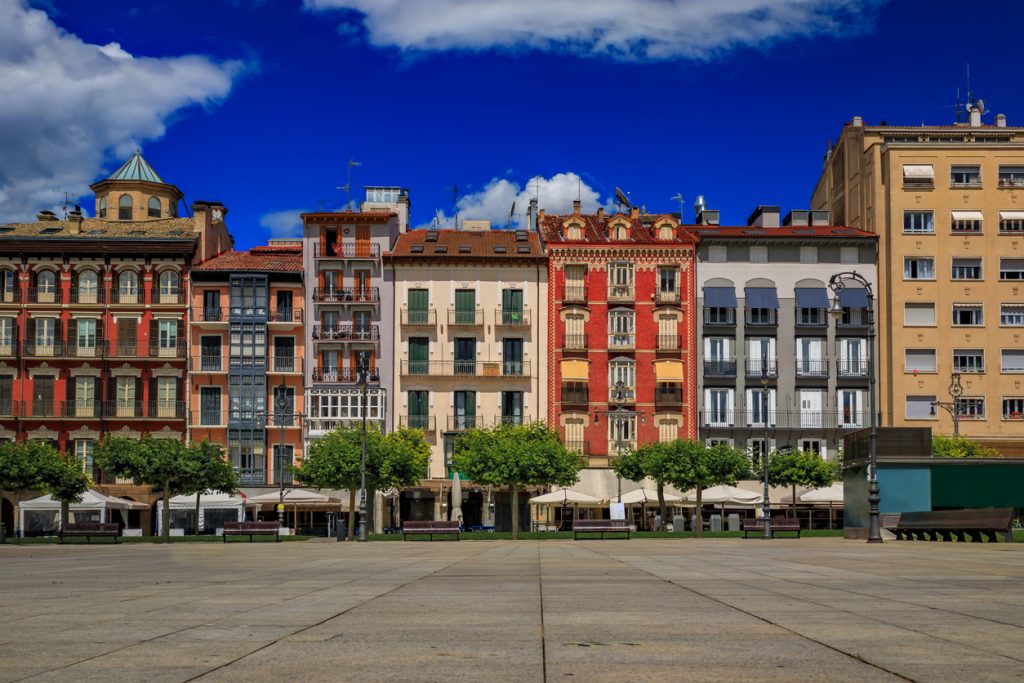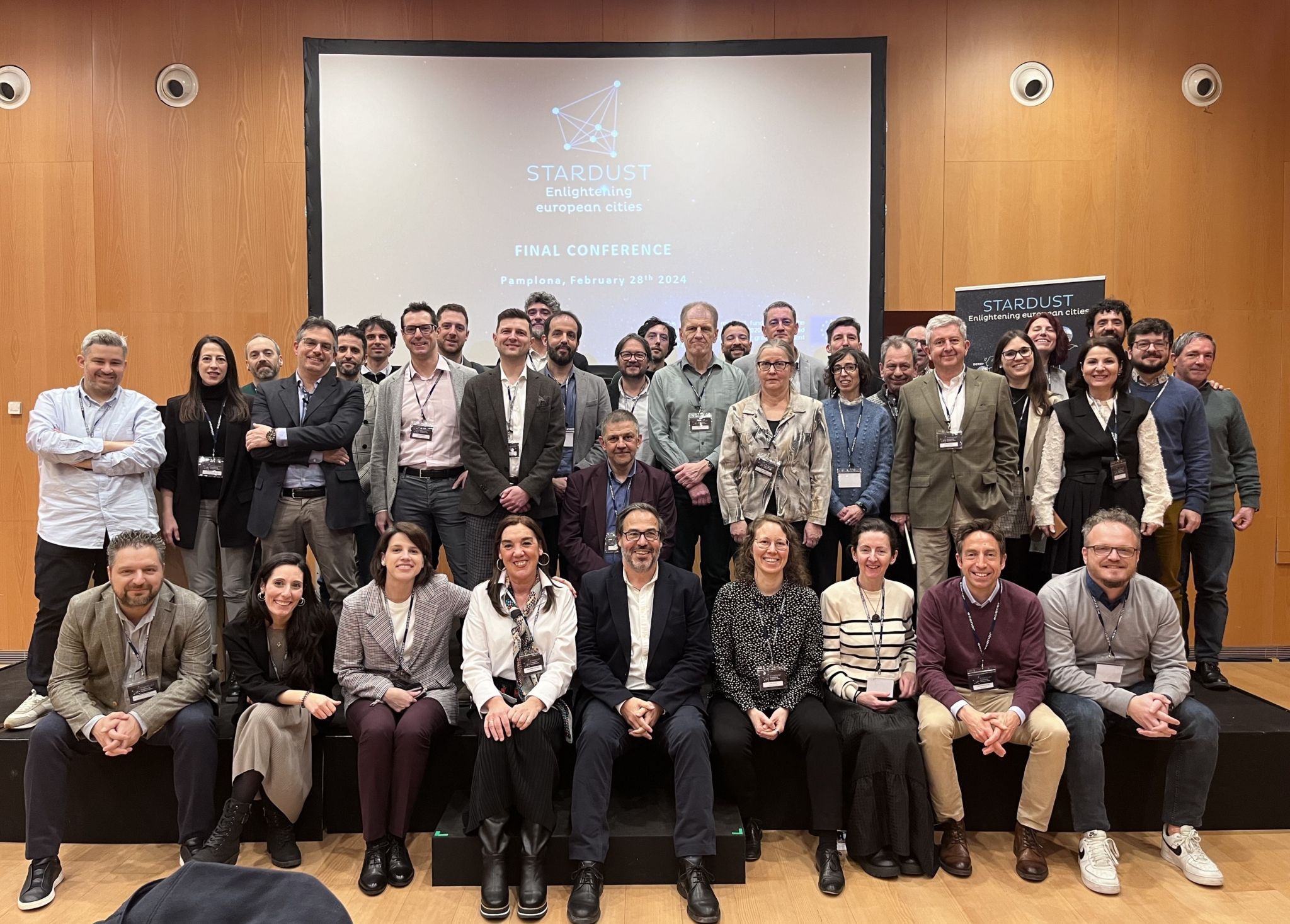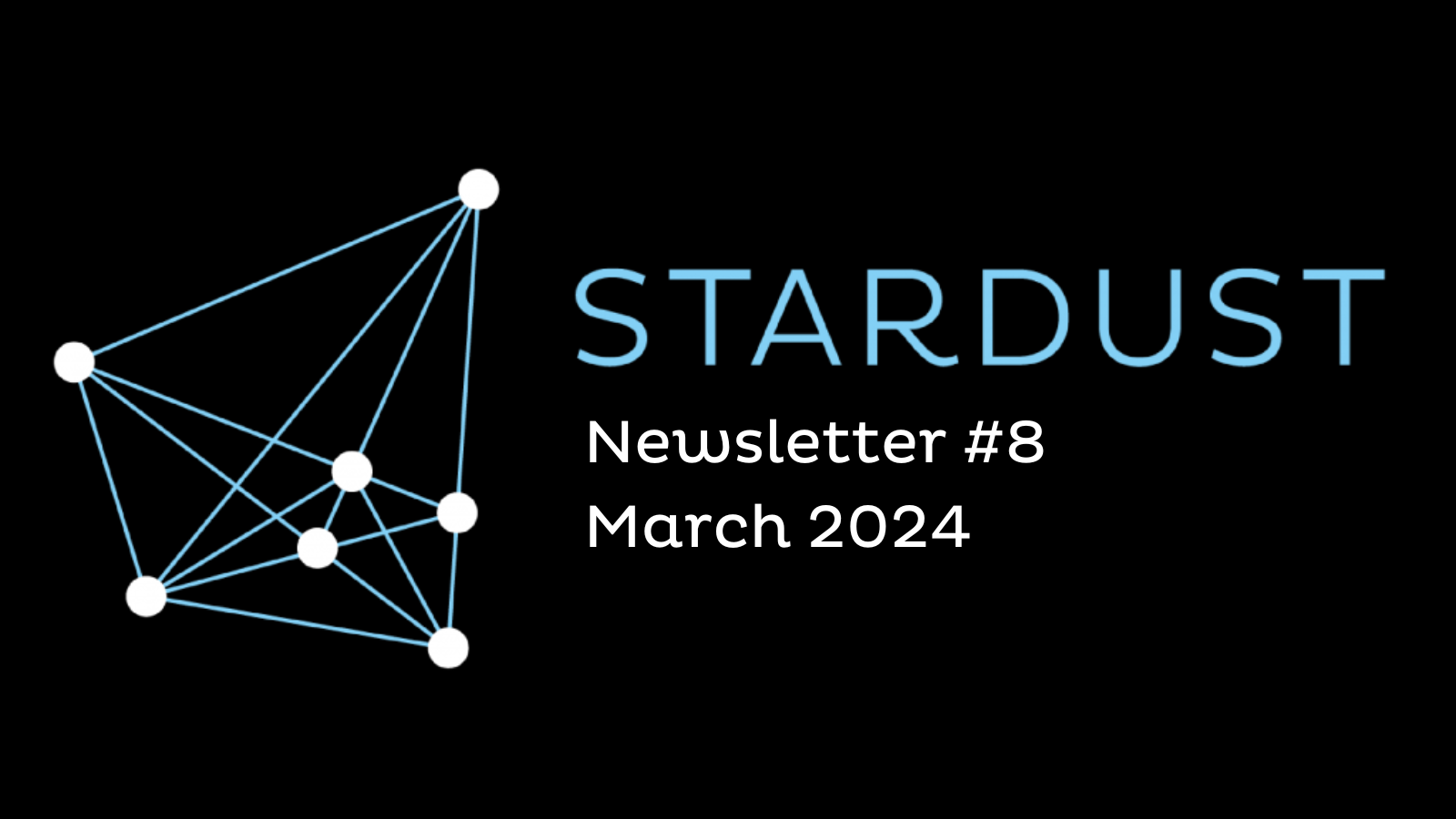Building on the first day’s programme which looked specifically at STARDUST’s actions in its six participating cities, this second day of the conference has featured a multi-session workshop entitled “From R&D projects to climate neutrality of cities.”
Talking at the workshop this morning, STARDUST coordinator Florencio Manteca explained why this second day has been dedicated to “top-line” topics:
“STARDUST is a research project for the development and implementation of smart technological solutions and business models, but on this second day we wanted to open up the focus a little and deal in a more applied way with some issues that are fundamental in the face of our great environmental challenge in Europe, which is climate neutrality in 2050.
“In this sense, we wanted to highlight, through the round tables, the vision on the topic of the scientific community, but also the reality we face when implementing urban R&D projects in such a complex environment as the city. We wanted as well to talk about the financial mechanisms that allow to move from a pilot project to a large-scale replication of the developed solutions, and finally we invited representatives of three cities selected by the European Commission in the Carbon Neutral Cities Mission 2030 to share their vision.”
He further highlighted the importance of cross-fertilisation with other European projects in fulfilling the goals of STARDUST:
“It is essential. Even before the project starts, when preparing the proposal, it is necessary to come up with innovations based on what has already been done in previous projects start building your proposal taking this into account, to take it to the next level. We cannot invent the wheel in every project.
“During the implementation of the project, the exchange of knowledge between partners from other sister projects is very important, as the challenges faced by the projects are often very similar (not only technical, but also social, organisational, economic, etc.) and it is very useful to know how other projects have solved similar situations.
In this sense, the Board of Coordinators that we have set up within the Scalable Cities initiative is an optimal forum to carry out this exchange of knowledge in a simple and effective way.”
The sessions today have brought together speakers from other smart city projects such as POCITIF and CityxChange, and experts from international universities to discuss the bigger smart cities picture.
Themes featured have included the role of positive energy districts, the implementation of research projects in cities, financial schemes for decarbonisation projects and getting research to market.
The final theme looked at urban decarbonisation roadmaps that take the outcomes European research projects to the next level.


